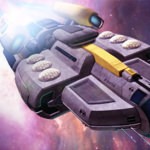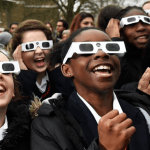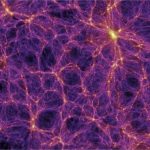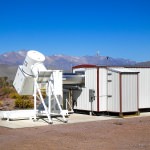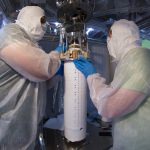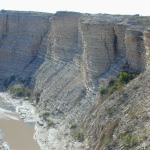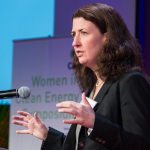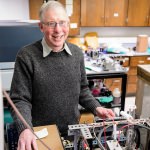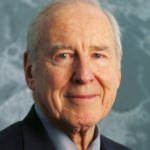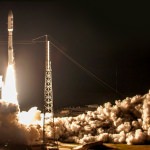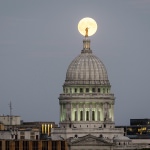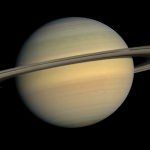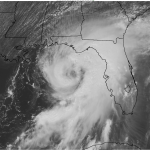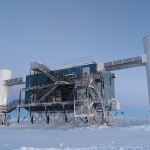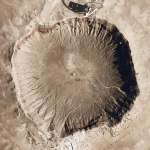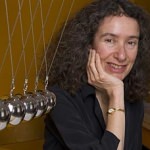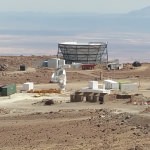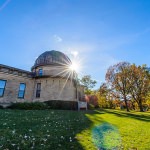Tag Space & astronomy
Astronomy video game wins national award
“At Play in the Cosmos,” an educational video game developed at UW–Madison, won the third annual Mashable + Games for Change People’s Choice Award.
How to take in the eclipse: Tips from UW Space Place
The effects of the partial eclipse in Wisconsin will be subtle, but worth watching nonetheless.
Celestial boondocks: Study supports the idea that we live in a void
An undergraduate's work confirms we live in a hole in the cosmos, and sheds light on how we measure the rate at which the universe is expanding.
From rocks in Colorado, evidence of a ‘chaotic solar system’
New evidence confirms a critical theory of how the planets in our solar system behave in their orbits around the sun, producing big changes in Earth's climate.
UW-Madison astrophysics innovator Lawler wins national award
James Lawler is a professor of physics known for devising techniques to measure the chemical elements in the sun and other stars.
Astronaut James Lovell’s commencement speech
Read the complete text of Capt. James A. Lovell's commencement address to 2016 winter graduates.
Supermoon? Meh. It may be closer, but it won’t be super duper
"It’s always good when people take an interest in astronomical objects, but I wouldn't wake the kids up at 3 a.m.” says UW–Madison Space Place Director Jim Lattis.
Hilldale lecture draws noted astrophysicist with climate message
Frank Shu, who has done pioneering research in astronomy on planetary disks, the origin of meteorites and the evolution of stars, will talk about reversing climate change.
UW-Madison scientists help fly Global Hawk drone into Hermine, other hurricanes
The Global Hawk is part of a three-year experimental mission called SHOUT (Sensing Hazards with Operational Unmanned Technology), focused on studying whether the drone can improve hurricane analysis and forecasting in an economically feasible way.
Cataclysm at Meteor Crater: Crystal sheds light on Earth, moon, Mars
In molten sandstone extracted by prospectors a century ago, an international team of scientists has discovered microscopic crystals telling of unimaginable pressures and temperatures when an asteroid formed Meteor Crater in northern Arizona some 49,000 years ago.
UW-Madison’s Zweibel wins 2016 Maxwell Prize for Plasma Physics
University of Wisconsin–Madison astrophysicist Ellen Gould Zweibel has won the American Physical Society’s 2016 James Clerk Maxwell Prize for Plasma Physics.
Washburn Observatory open Monday for public viewing of Mercury crossing sun
Weather permitting, Washburn Observatory will be open to the public for safe viewing of the event.

